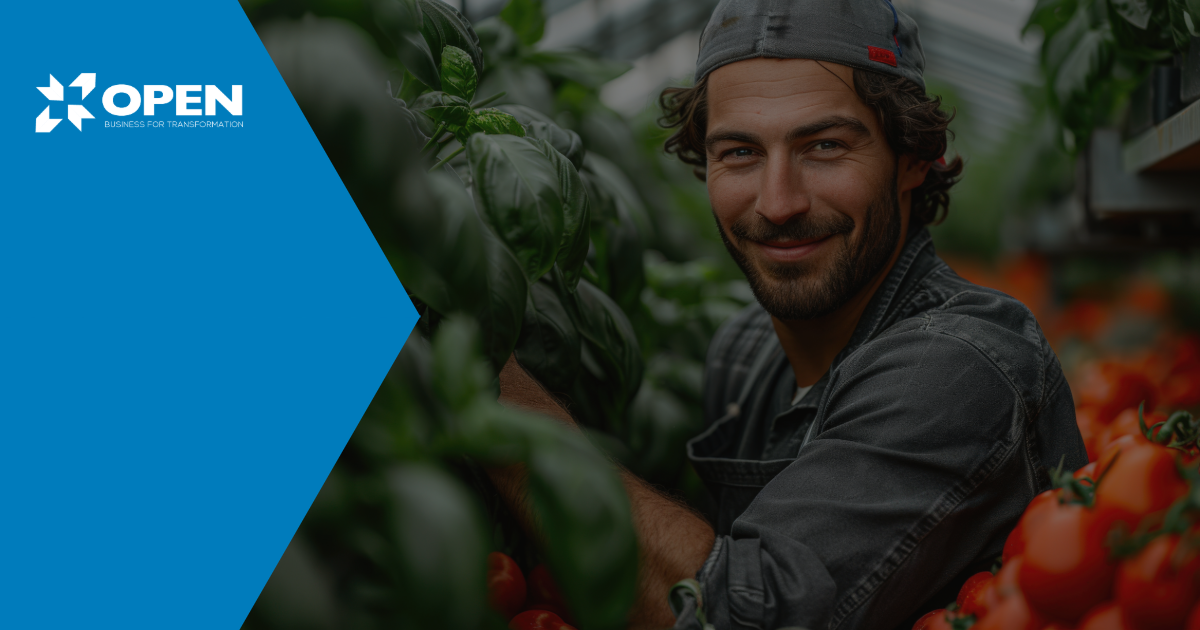
This is part 13 of a multi-part series on the book of Mark.
Today, we’re in Mark 12:41-44.
Jesus completed his argument to the scribes by showing what true devotion to the Kingdom looks like, only he didn’t bother explaining it to the scribes. He called his disciples to him and said to them (in private?) that the widow had put more into the temple offering box than everyone else.
God’s Wealth and Her Coins
God never has, does not, and never will need money. He’s flush with cash, for he owns everything already. What he wants is to use money to secure our dependence on him. He will always provide. He is always good. He never fails. These are what he wants us to understand, and living open-handed and generous lives are the road map to our taking in of those concepts.
This poor widow sure could have used the two lepta that she put into the offering box, although at a total of 1/64 of a day’s wage I’m not sure what she could have purchased. The simple fact is that she wasn’t showy and she didn’t care to impress anyone – she was a widow who didn’t have much to live from but she put all her stock in the Kingdom.
LORD, make us dependent on You, or perhaps we should say: let us see how we already are dependent on You. We use money often to mask our dependence on you. The things we used to have to trust you for (weather, safety from invading armies, health, etc.) we can now buy our way out of with cash.
God’s Wealth and Our Coins
Food prices may go up if we experience localized famines, but we can buy from afar rather than begging the Lord of the harvest to water our crops. Rich countries simply increase military spending and keep our armies in tip top shape rather than needing to pray to the God of angel armies for protection. When we get sick, we go to the doctor rather than asking the Great Physician to heal.
Don’t get me wrong: it is GOOD to have used our God-given talents to create robust food systems, wise national defenses, and healthcare. But let us begin in worship to the One who commissioned us to build these things, and let us not use them in the same way the world does around us. The world seeks to use these “systems” so they never need to rely on anyone else. We should use these systems to bless others in His Name.
One method of using these systems seeks to create our own independent kingdom and the other seeks to bring all things under His kingdom’s rule and reign. In one we maintain an illusion that we have control over our lives while in the other we joyfully acknowledge our dependence on our wise King who is faithful to provide.
Conclusion
It is far more difficult today to discern if we are trusting in the horse on the day of the battle or if we simply make the horse ready but rely on the LORD for victory (Proverbs 21:31). Let us with wise and discerning eyes – and good mentors – battle our flesh to cede trust to our Good Father. Consider your own life and your work – are you trusting in God as provider or in yourself?
To learn more about B4T, read Business for Transformation by Patrick Lai.
- Blog Home
- /
- Transformation
- /
- MARK 12, PT 2...
